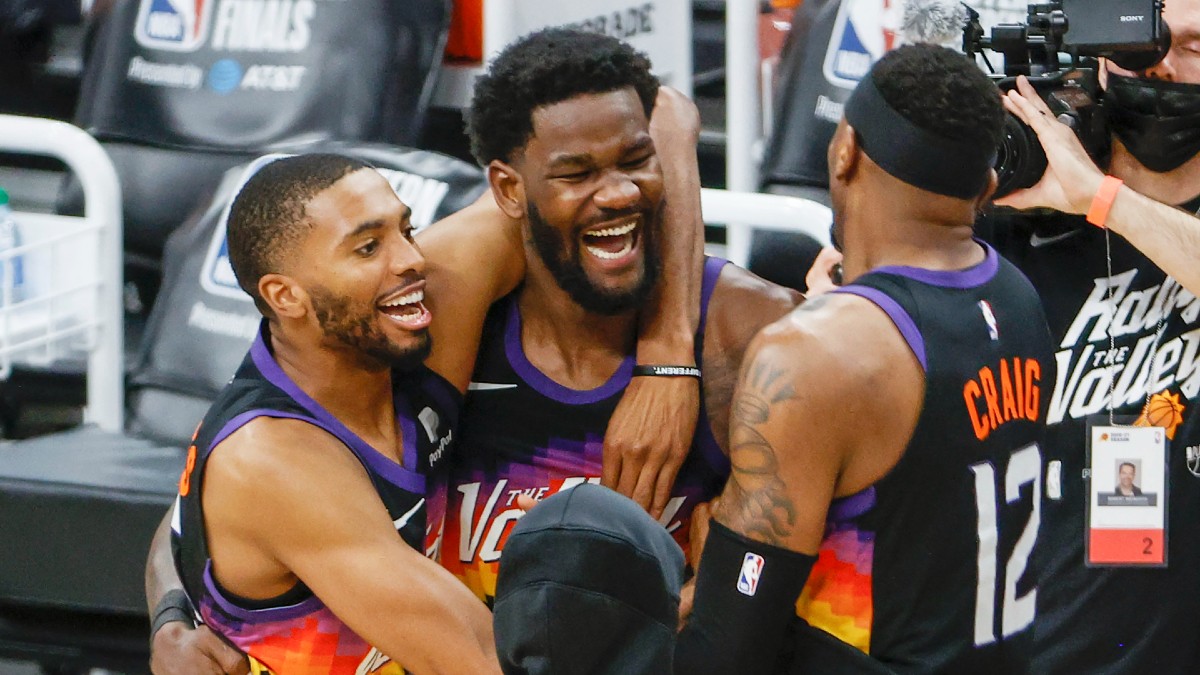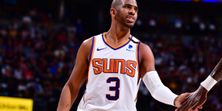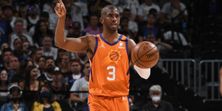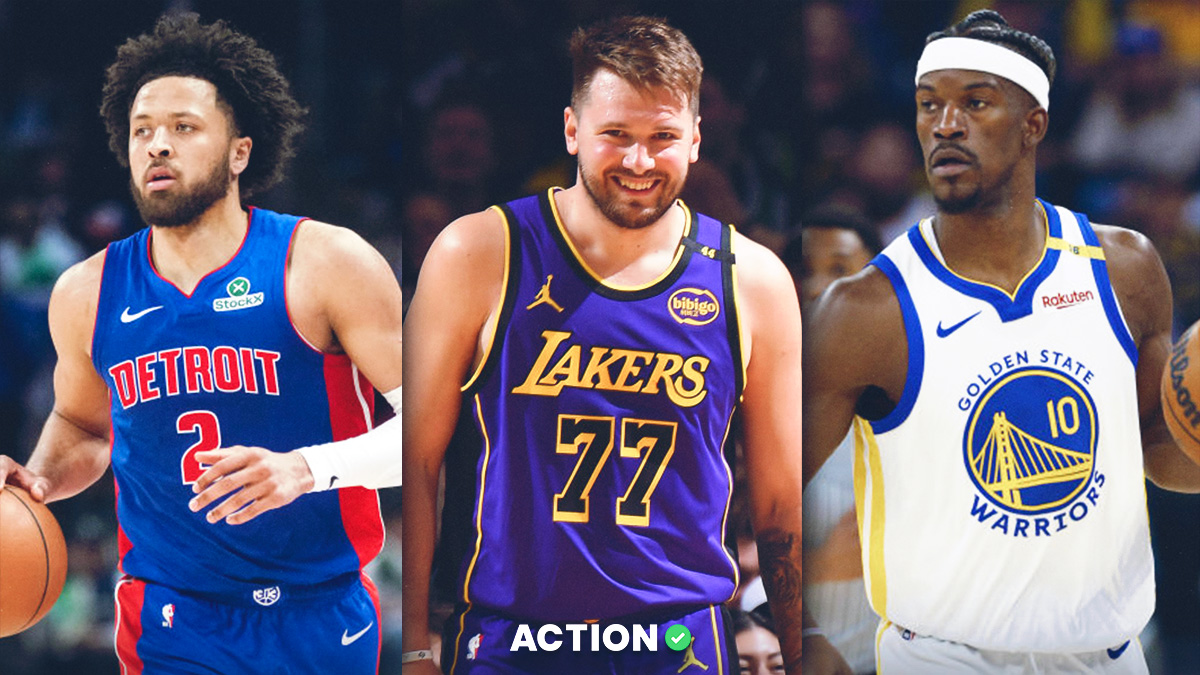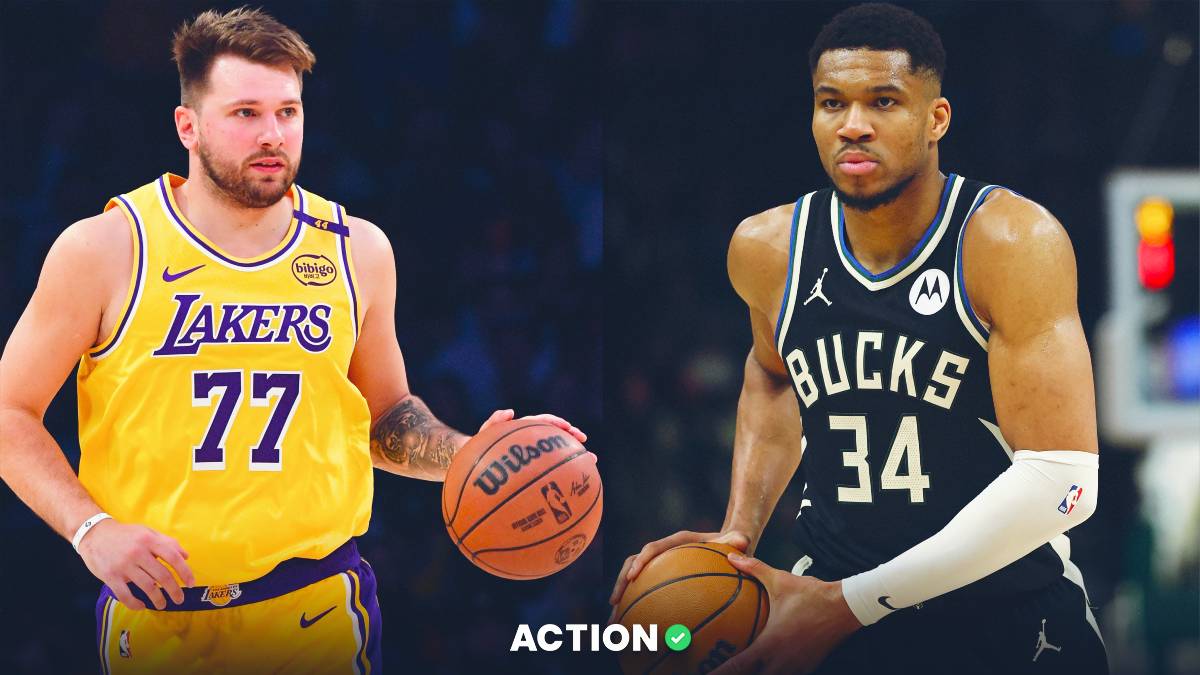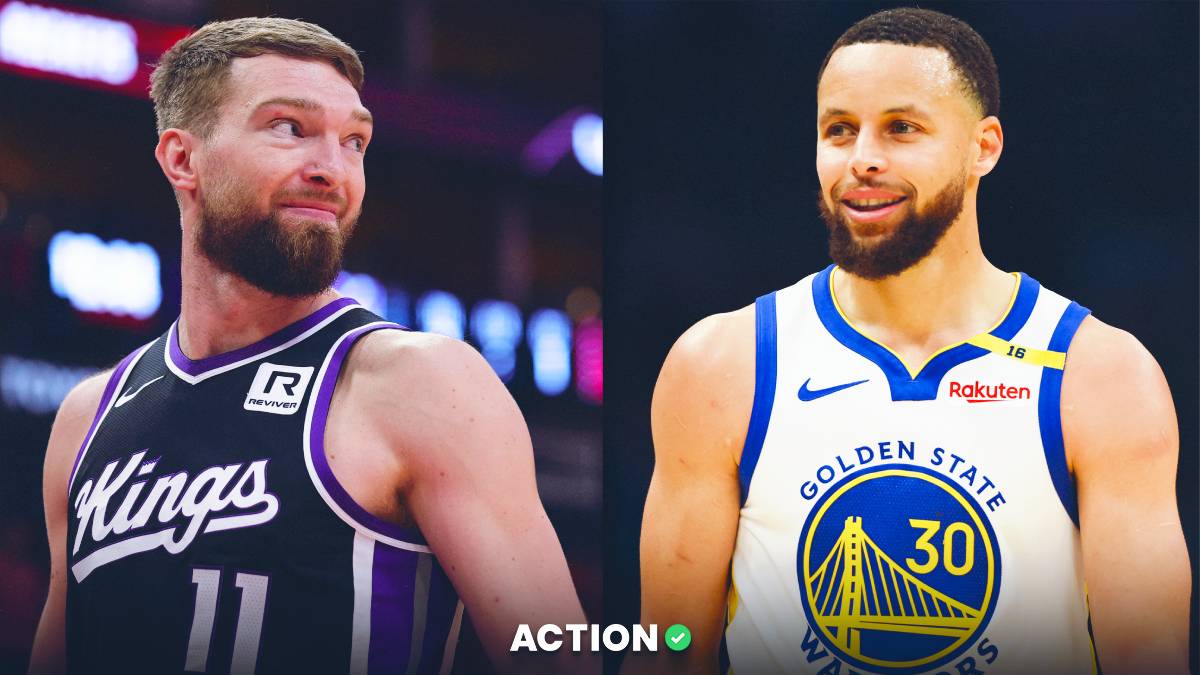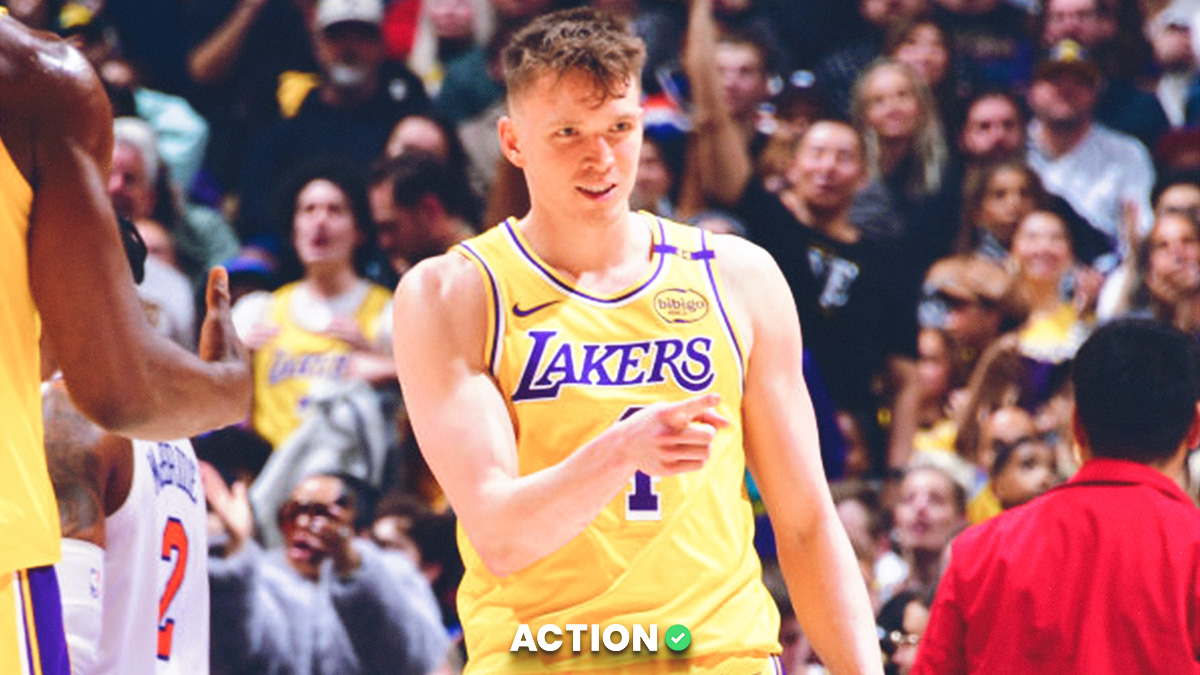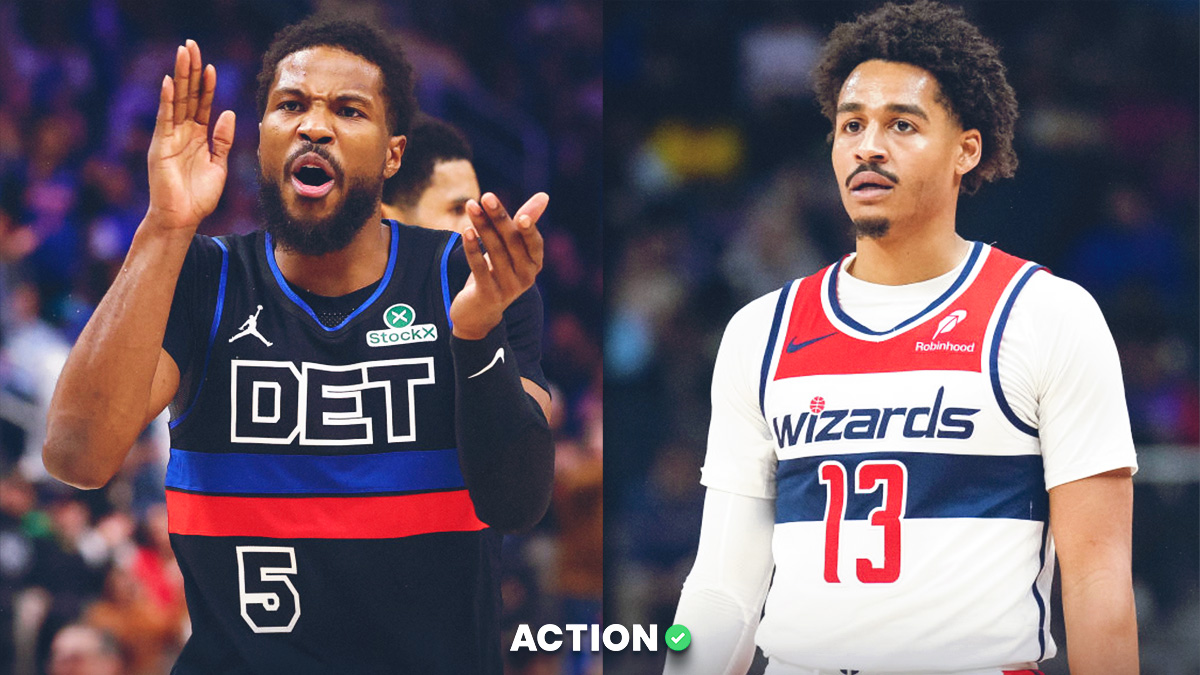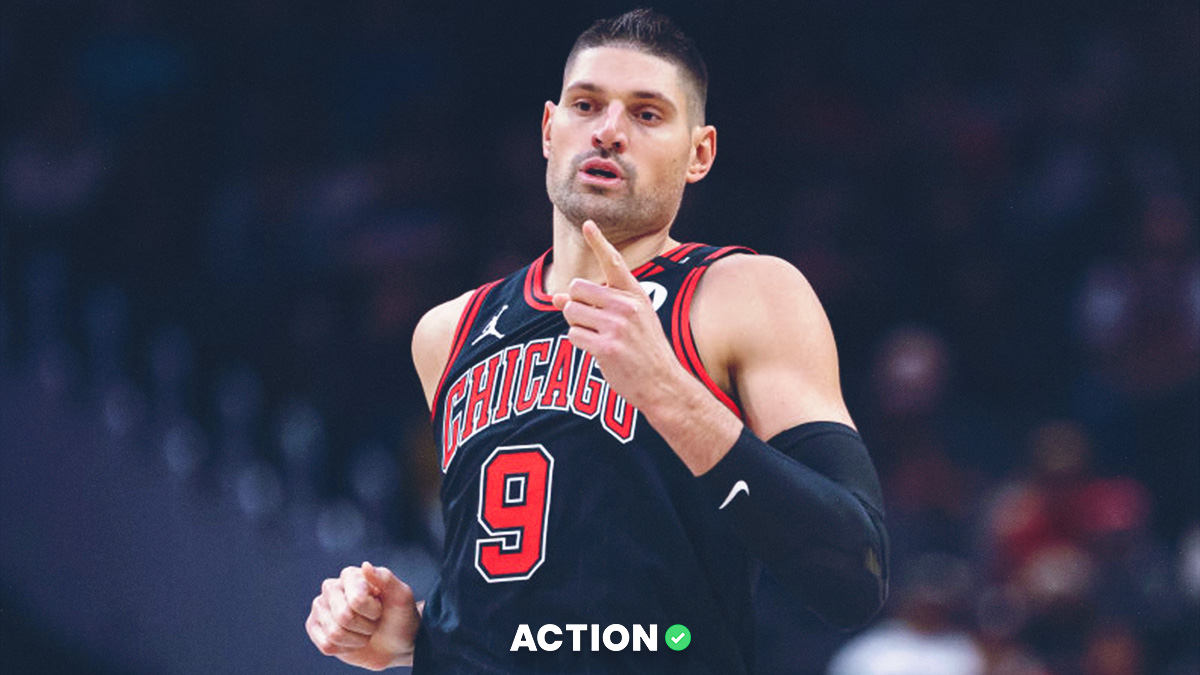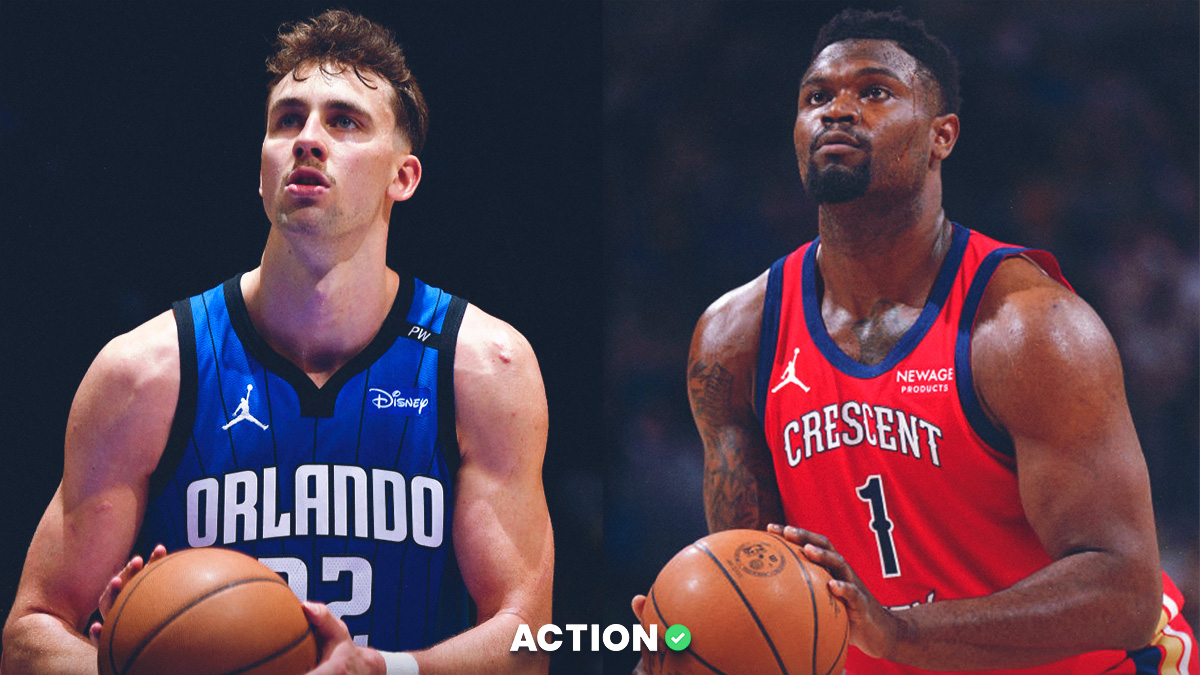Nikola Jokic didn't have Jamal Murray. Rudy Gobert had a banged-up Donovan Mitchell and Mike Conley for just two games. Joel Embiid, well, he had Ben Simmons.
All three have exited the playoffs in the second round.
And then, there's Deandre Ayton.
Ayton has been tremendous for the Suns in these playoffs, despite being a No. 1 pick who isn't on the marquee, as the Suns are led by Devin Booker and Chris Paul, with great play from Jae Crowder and Mikal Bridges. The Suns have outscored opponents by 11 points with Ayton on the floor, and by five points (still very good) with him on the bench.
In Game 1, the Suns were outscored by the Clippers with Deandre Ayton on the floor, by seven points. It was the first time in eight games that the Suns have been outscored with Ayton on the floor.
There's an odd delta here, between how the game felt with Ayton on the floor and off, and what the numbers indicate, but so much of it has to do with an in-game forced adjustment and what it means.
In the first half, Ayton was a +2, and played just two minutes vs. the Clippers' Ivica Zubac. The Clippers started small, but Marcus Morris was dealing with knee soreness and Zubac wound up starting the second half. The Clippers outscored the Suns by seven points in that second half.
In the second game, the Suns outscored the Clippers by one point with Ayton on-court vs. Zubac. The difference between winning and losing those minutes was literally the "Valley Oop."
With Zubac on the floor vs. Ayton for the series overall, the Clippers are scoring 116 points per 100 possessions and outscoring the Suns by 3.4 points per 100 possessions, despite Marcus Morris shooting 3-of-13 from the field and Paul George shooting 11-of-29.
The Plight of Modern NBA Big Men
This shows you what's needed from modern NBA bigs. In Game 1 of Bucks–Hawks, Brook Lopez, who had survived and thrived on-court vs. the Miami Heat and Brooklyn Nets (albeit with injuries), played less than eight minutes in the second half. Lopez played drop vs. Trae Young and the Bucks couldn't sustain the pain of Young's constant floaters.
"(Ayton) isn't some beast, but he doesn't have any flaws you can take advantage of," one executive remarked this week. "It's got me wondering if I need to target lack of weaknesses vs. strengths in some of our guys."
Bigs have to be able to stay on the floor and provide multiple coverage looks while not completely losing the rebounding battle and providing rim protection, or they have to be able to punish the offense so the opponent can't go small on them.
Going smaller has been a consistent trend for winning teams over the past few years. Phoenix in fact goes small when Ayton goes to the bench, with Dario Saric playing those minutes. But it's a change of pace for them, which is key. Phoenix can play big vs. your smallball and play small vs. your bigs, whatever they need.
"(Ayton's) a great defender, good touch around the rim and in the mid-range. Production probably won’t eclipse 19-10 for his career from a basic stats perspective, but he can be extremely solid for a very long time," another exec remarked.
Can the Clippers Find an Answer?
A big reason why the Suns should be expected to advance from this series comes down to Ayton, and how he can't be exploited.
So far, Ayton is matchup proof, something no other big man outside of Clint Capela has been able to say this postseason.
The question is whether the Clippers can keep hanging in these minutes as the series goes on, particularly with Chris Paul coming back.
Ayton applies pressure offensively on the Clippers' preferred smallball lineup with his ability to score and offensive rebound. The Clippers could switch without concern vs. Utah because Rudy Gobert has no offensive repertoire beyond lob dunks and putbacks. Ayton is a great cutter and has touch as well.
However, the best way to attack Zubac is to take advantage in space vs. his drop coverage. Cam Payne struggled with that in the first two games, Paul is an absolute master at it.
So Game 3 may largely come down to whether you think Paul will be in rhythm, shape and comfort to control the game (a pretty good bet) or not.
However, the larger issue is that while the Clippers are barely getting by vs. Ayton right now, over the course of the series, especially with Paul back, that becomes a larger and larger problem.
Ayton represents the nexus of the current problems for NBA frontcourts in the playoffs. He's the one player who has shown that he is matchup proof so far.
Gobert fell victim to the poor perimeter defense of his teammates, but the Clippers were able to space him out of the paint so he couldn't help by going small. Gobert's inability to punish the smaller Clippers defenders on switches made smallball tenable for LA.
Joel Embiid dominated the second round, and even in losses, Embiid had a +8 on-court net rating. However, in the second half of their four series-deciding losses to the Hawks, Embiid's defensive rating jumped to 113 while the offense plummeted. That's not on Embiid as it is his teammates and the lack of shooting, but Embiid's inability to switch on the perimeter meant that Trae Young could consistently attack in space, oftentimes hitting the lob to Clint Capela when Embiid stepped up.
Embiid was still playable, but that shows you the level you need to be at: an MVP candidate who's amazing at protecting the rim and can dominate offensively, and even then, you can be overcome.
The Nuggets typically use Jokic at the level of the screen to apply pressure and get the ball out of key ballhandlers' hands. But Jokic was exhausted and the Nuggets' rotation depleted on the weakside, so Denver played more drop, and Chris Paul literally set records for most mid-range shots in a series.
On top of that, Jokic shot 13-of-34 from the field vs. Ayton, including 10-of-28 from inside the arc. Jokic averaged just under 4 assists per game when guarded by Ayton, despite spending most of his time defended by him.
If the Nuggets aren't able to win the Jokic minutes, they aren't winning a series. Ayton was key in setting that.
And so far, L.A. doesn't have a great answer either.


